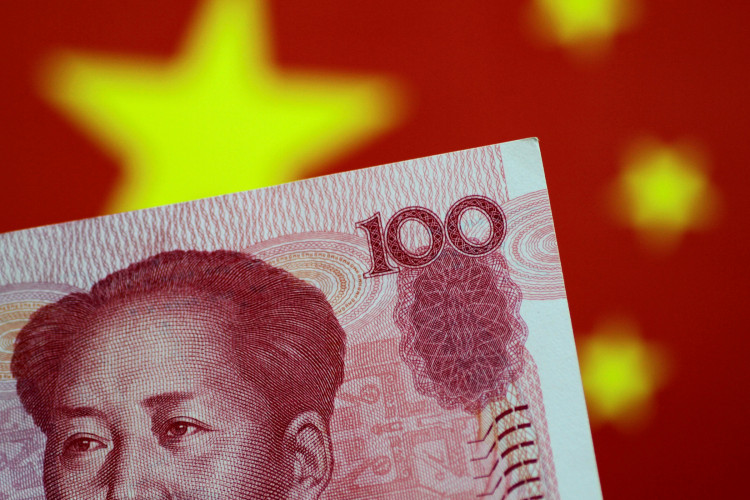China's economic engines are sputtering, with fresh data revealing a worsening contraction in both manufacturing and real estate sectors. The country's efforts to mitigate these issues through policy adjustments appear to be insufficient, heightening concerns about meeting its ambitious 5% growth target for 2024.
In August, China's official manufacturing purchasing managers' index (PMI) fell to 49.1, down from 49.4 in July and below the median forecast of 49.5. This marks the fourth consecutive month of contraction, reflecting persistent deflationary pressures in the manufacturing sector. Goldman Sachs economists, including Yuting Yang and Andrew Tilton, noted a significant decline in input-cost and output prices, indicating deepening deflation. "Price indicators in the NBS manufacturing survey suggest deflationary pressures picked up significantly," they said.
The contraction in manufacturing comes amid escalating trade tensions with the U.S. and Europe, which are exacerbating the sector's difficulties. The mid-term economic outlook for China remains precarious, largely dependent on international factors, including the outcome of the U.S. presidential election. Former President Donald Trump's proposal of 60% tariffs on Chinese imports could further strain trade relations, while Vice President Kamala Harris's stance is expected to align more closely with President Joe Biden's policies.
On the property front, the slump is equally severe. New-home sales from China's top 100 real estate companies plummeted by 26.8% year-on-year to 251 billion yuan ($35.4 billion), accelerating from a 19.7% decline in July. This downturn is compounded by a deepening loss of confidence among consumers, who are anticipating further drops in home prices. In response, at least 10 city governments have eased or eliminated new-home price controls to stimulate demand, although this has yet to stabilize the market.
The sluggish property market is having a broader impact on China's $17 trillion economy. The government's previous measures to bolster the sector have yielded limited results, leading to calls for more robust fiscal intervention. Economists from UBS Group AG and JPMorgan Chase & Co. have highlighted the need for increased stimulus to support economic growth. "The economy will need more policy support to pull out of its extended period of weakness," wrote Bloomberg Economics' Chang Shu and Eric Zhu. "Government spending will have to remain the key lever to lift aggregate demand."
China's Finance Minister Lan Fo'an maintained that the economy is growing at a rate of approximately 5%, describing the first half of 2024 as "generally stable." However, this assertion is increasingly at odds with the reality on the ground. Zhiwei Zhang, president and chief economist at Pinpoint Asset Management, criticized the current fiscal policy stance as "restrictive," suggesting it has contributed to the weak economic momentum. Zhang called for a more supportive fiscal stance, particularly in light of a slowing U.S. economy which could dampen export demand.
In a bid to alleviate the burden on households, China is reportedly considering allowing refinancing of up to $5.4 trillion in mortgages to lower borrowing costs. While this could boost consumption, Macquarie Group's Larry Hu cautioned that the measure might not be sufficient to significantly alter the current economic landscape. "The size is too small to be a game changer," Hu noted, given the dire state of consumer spending in China.
Meanwhile, Asian markets are reacting to these developments with caution. Regional stock indices, including those in South Korea and Australia, have dipped, while Japanese equities showed modest gains. The uncertainty surrounding China's economic health is contributing to broader market volatility. Kyle Rodda, a senior market analyst at Capital.Com Inc., emphasized the limited impact of recent policy measures. "Big bazooka stimulus doesn't appear to be loaded-up," Rodda observed, according to Bloomberg.
As September progresses-a historically volatile month for markets-traders are closely watching for any signs of more aggressive fiscal or monetary policies from China. With global economic headwinds mounting and internal growth challenges persisting, the path forward for China remains fraught with uncertainty.





